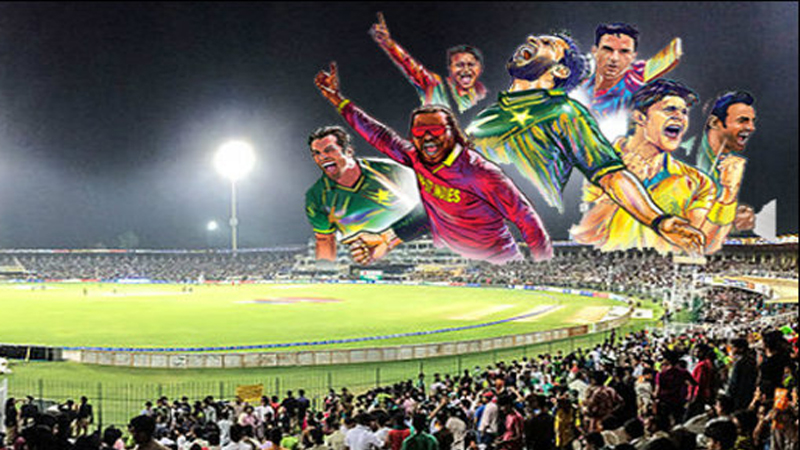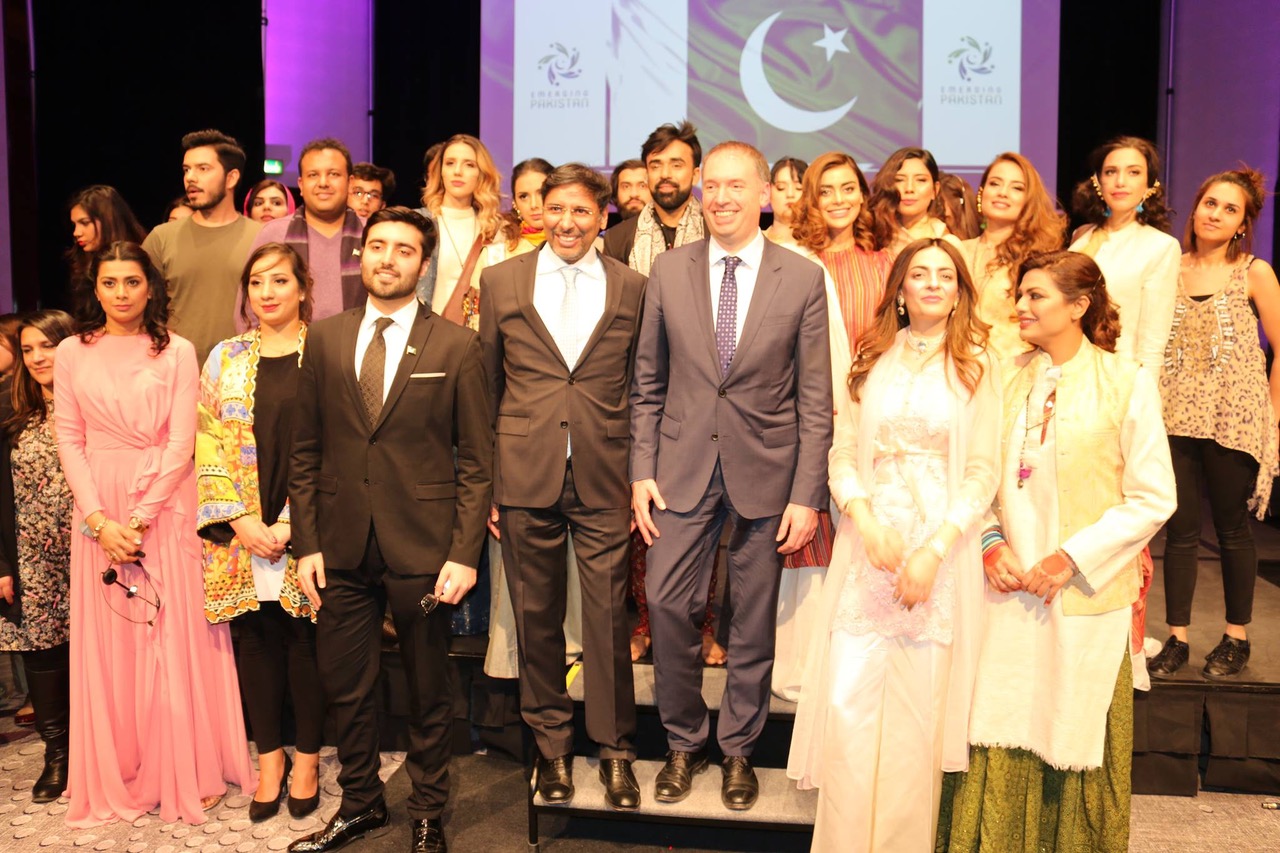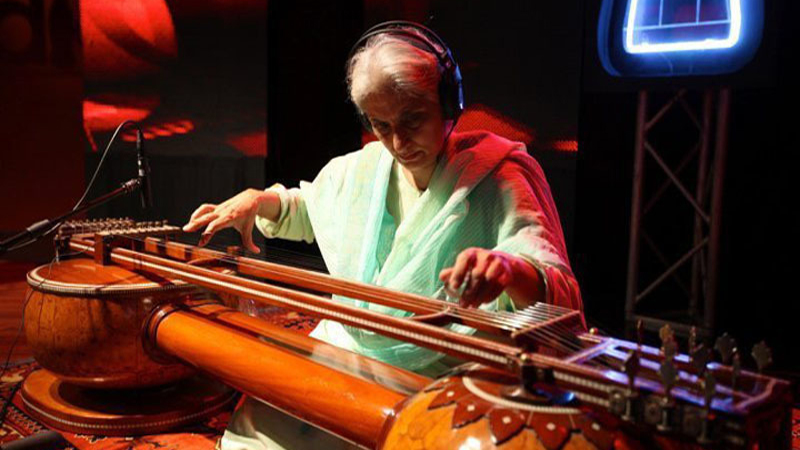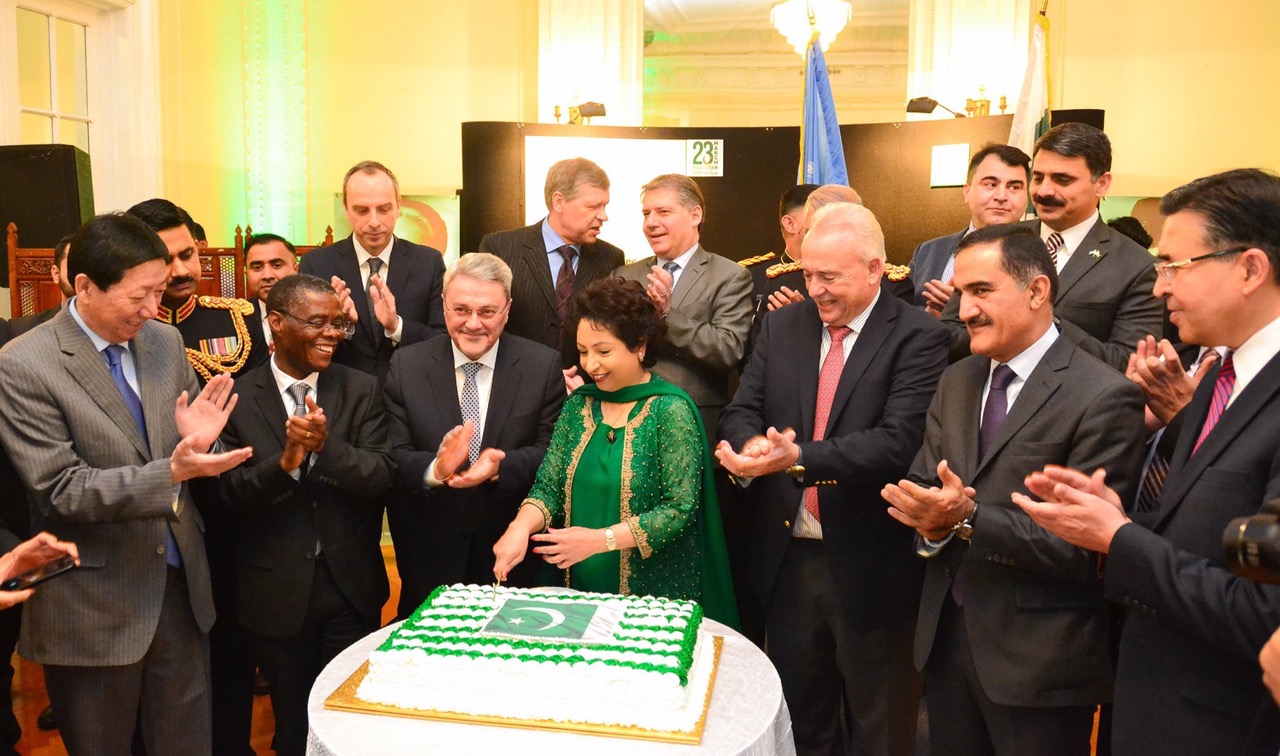For centuries, diplomacy has been used as a tool to project both hard and soft power by the movers and shakers of the international political order. While utilising hard power involves greater risks, soft power has relatively been a subtler tool for achieving foreign policy goals. With the onset of globalisation, states belonging to both the developed and developing world have utilised soft power to enhance image building and project influence in their respective regions and the international community. Prime examples of such states include India that have managed to convince the world that they are ready to lead it despite domestic and regional limitations. Image building projects such as ‘Incredible India!’ have, in fact, brought the Indian economy to the forefront.
As for Pakistan, while it has managed to largely defeat the scourge of terrorism and has also implemented a ‘Towards Europe’ and ‘Look East’ policy, its standing in the international order still has a long way to go. The image perception of the country has a huge dent that had built up over the last one decade and even soft power projects such as ‘Destination Pakistan’ that were implemented back in 2007 failed to yield the required results. Indian soft power complemented with its influential lobbying in key western powers has placed Pakistan in an increasingly difficult situation in recent times. With trade imbalance ever increasing along with a never-ending and largely unjustified mantra of ‘do more’ by the United States, Pakistan truly needs to introspect the way its soft power is being projected in the West.

No, it hasn’t failed at all for we have witnessed how some key diplomatic missions in the West and Asia have been working round the clock for image building through various public and cultural diplomatic initiatives that are truly grandiose in nature. However, there is a lack of sparkle somewhere in most of the other missions in the region and around the world to smoothly move upwards. Indian campaigns to discredit Pakistan in Europe and North America in recent months are some of the issues that show that the Foreign Office needs to bring together a team its able diplomats, even those who are retired, on-board to counter baseless propaganda and twisted perceptions.

Speaking of cultural diplomacy, national day receptions are one of the best available forums for diplomats to project their country’s clout in a capital as well as present its soft power and renew contacts. Unfortunately, the lack of resources in most Pakistani diplomatic missions abroad has made these celebrations redundant and unimpressive. Nevertheless, this year, two diplomatic missions have stood out in celebrating the national day that include the Embassy of Pakistan in Berlin and Pakistan’s UN Mission in New York City.

The Berlin mission has bettered its own record of organising the celebrations that has certainly helped in promoting a much-needed softer image of the country. This wouldn’t have been possible without the hard work of Pakistan’s Ambassador to Germany Jauhar Saleem who is amongst the most respected members of the foreign service cadre. Organised at the prestigious Ritz Carlton Berlin, the reception attracted some 600 distinguished guests including some 50 ambassadors that also included Germany’s Minister of State for Foreign Affairs Neils Annen, who graced his presence as the chief guest of event. Ambassador Jauhar Saleem presented a Pagri (Turban) as a token of respect to the minister on the occasion. It must be noted that it’s extremely rare for a minister of such stature to grace such diplomatic events and usually a diplomat of Additional Foreign Secretary level attends them. Moreover, a grand cultural show was also presented on the occasion which included a mystic poetry rendition, a dance rendition by the Wahab Shah group and a fashion and jewellery show by leading designers such as Yousuf Bashir Qureshi (YBQ), Faraz Abid Sheikhu (FAS) and Tsafira by Sana Nisar.

As for the UN Mission in New York City, it would not have been possible without the tremendous efforts of Pakistan’s Permanent Representative to the UN Dr Maleeha Lodhi for presenting a truly remarkable show which was graced by over a 100 diplomats and other members of the UN fraternity. Dil Dil Pakistan, the unofficial anthem of the nation, was played to a thunderous applause on the occasion with pictures of women who made a deep impact on the society over the decades being showcased as a gallery. Even last year, the UN mission was amongst those diplomatic missions which stood out when the Sachal Orchestra played at the UN General Assembly.
Cultural diplomacy is an essential part of economic diplomacy these days for inter-state and transnational relations
Having mentioned all this, cultural diplomacy is an essential part of economic diplomacy these days for inter-state and transnational relations depends on how its portrayed and perceived. It is hoped that most of the other Pakistani embassies and high commissions around the globe will follow suit and effectively use cultural diplomacy to counter the baseless and ill-intended narrative being propagated against the country. Furthermore, lobbying efforts, especially in the United States, should be pursued on urgent basis before it’s too late.
Similarly, in this day and age where media has a very important role in shaping public perceptions, public diplomacy has to complement political diplomacy if desired results are to be achieved. Hence, a major cultural and public diplomacy initiative needs to be launched by the Foreign Office in conjunction with the External Publicity Wing and the Trade Development Authority of Pakistan (TDAP) to enhance Pakistan’s battered image in the West.
The writer is a geopolitical analyst and an alumnus of the Department of War Studies, King’s College London, University of London. He can be reached at hassankhan440@gmail.com and tweets @mhassankhan06
Published in Daily Times, April 7th 2018.
